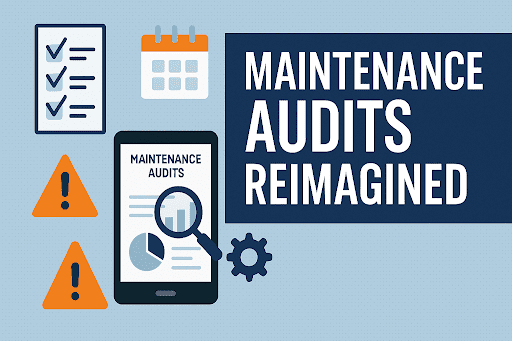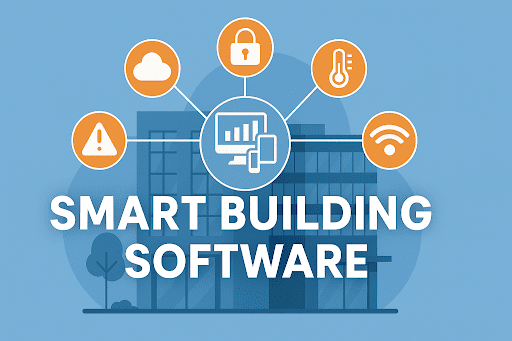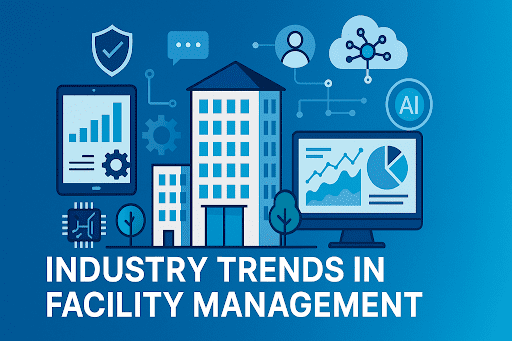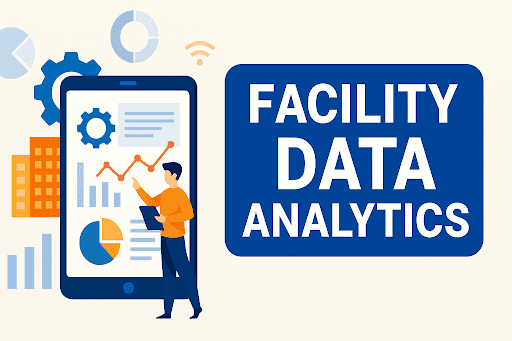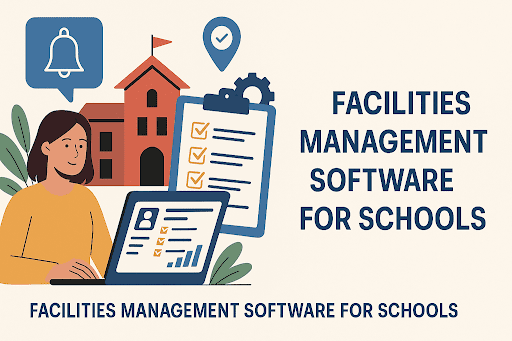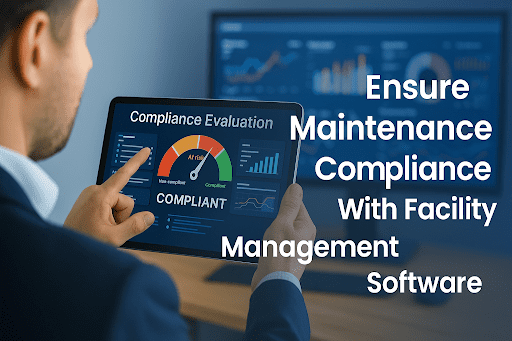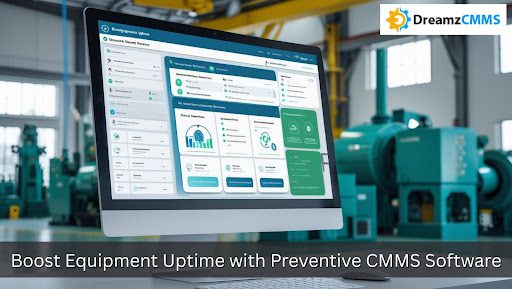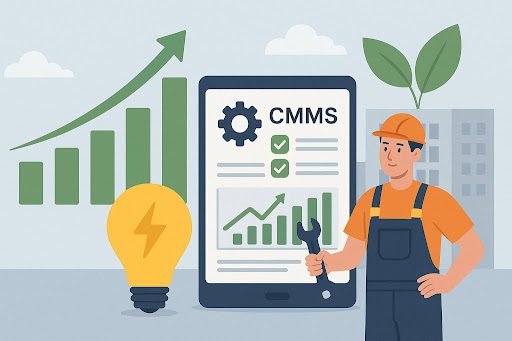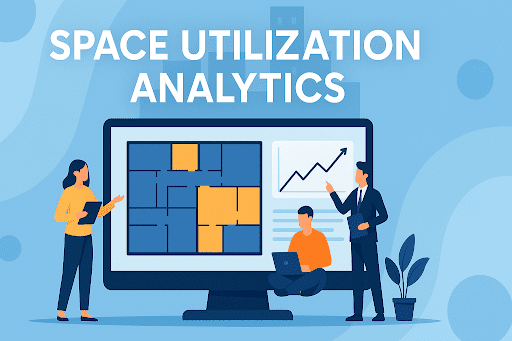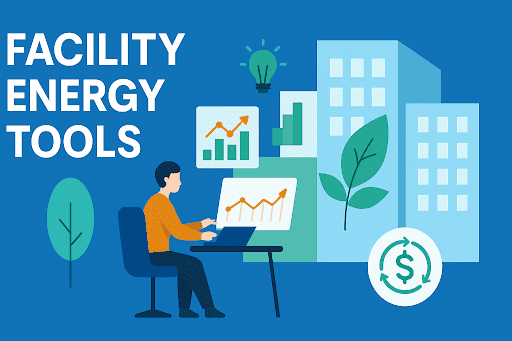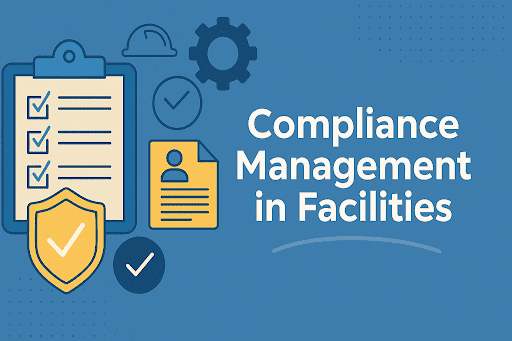 BACK TO Blog
BACK TO Blog
Asset Rental Management
Facility
Facility Management Workflow for Smarter, Scalable Operations
- May 02, 2025
- DreamzCMMS Team
- 7 minutes read

- May 02, 2025
- DreamzCMMS Team
- 7 minutes read
Introduction
Managing modern facilities has never been more complex or more critical. As organizations grow, so does the pressure to keep spaces, systems, and services running without disruption. Behind it all is one essential factor: the facility management workflow.
It is not just about maintenance or repairs anymore. It is about how every task, every service request, and every decision flows through your operations. Good workflows do not just happen. They are built step by step to match what the business needs. That means fewer missed service requests, tighter control over operational costs, and better use of your assets and people.
When facilities management processes are optimized, companies see real cost savings, stronger vendor relationships, and better decision-making driven by data. This blog explores why facility management workflows matter, how to refine them, and what C-suite leaders can do to turn facility management from a support function into a performance engine.
Common Workflow Challenges in Facility Managemen
Every facility has its own rhythm. But when the workflow does not match the pace, things start to break down.
1. Missed or Delayed Service Requests
A simple service request should be easy. But when there is no system, it is not. Emails pile up. Notes get lost. And before you know it, something small has turned into downtime.
2. Too Much Reliance on Manual Processes
When everything runs on paper or outdated systems, it is harder to scale. Manual steps slow things down, and mistakes multiply. This is not just inefficient, it raises operational costs and creates blind spots.
3. Poor Visibility into Asset Status
If no one knows the condition of key equipment, planning becomes guesswork. Without strong asset management, facilities run reactively, fixing problems only after they disrupt the business.
4. Disconnected Teams and Vendors
Facilities often rely on external partners. But without streamlined facilities management processes, coordination suffers. Missed updates, repeated work and strained vendor relationships.
These issues do not just affect the maintenance team they ripple across the entire organization. And fixing them means more than just working harder. It means working smarter.
How Better Workflows Improve Facility Performance
Fixing a workflow is not about adding more steps. It is about making the right ones easier to follow and easier to manage. When the facility management workflow starts working the way it should, everything around it gets better. Teams do not need to guess. Tasks do not pile up and the business feels the difference.
1. Quicker Response, Less Downtime
When service requests are logged and tracked properly, nothing gets lost. Issues are handled faster, and the chances of a small problem turning into a big one drop.
Lower Costs, Smarter Spending
With fewer delays and less wasted effort, operational costs start to shrink. And when automated workflows take over repetitive steps, people can focus on the things that actually need their attention.
3. Better Use of Assets
A clear maintenance schedule tied to good asset management means equipment lasts longer. There is less need for emergency repairs and less risk of something failing at the wrong time.
4. Clearer Data, Better Decisions
An optimized management workflow makes it easy to see what is working and what is not. Leaders get real info not estimates so they can plan, adjust, and invest where it counts.
This is not just about working faster. It is about working smarter and seeing results that stick.
Is your workflow helping or holding you back?See how DreamzCMMS, a powerful facility management software, streamlines workflows, minimizes delays, and delivers real-time insights that drive smarter decisions. Request a demo and see how your operations can run smoother and with less effort. |
How Better Workflows Improve Facility Performance
Fixing a workflow is not about adding more steps. It is about making the right ones easier to follow and easier to manage. When the facility management workflow starts working the way it should, everything around it gets better. Teams do not need to guess. Tasks do not pile up and the business feels the difference.
Key Elements of an Effective Facility Management Workflow
A good workflow is not complicated. It is clear. The stronger the foundation, the easier it is for teams to get things done and for leaders to stay in control.
Here is what every smart facility management workflow needs.
1. Simple, Centralized Requests
Every service request should start the same way through a system that is easy to access and track. No more chasing emails or verbal updates. When requests are logged in one place, nothing gets missed.
2. Automated Task Handling
Repetitive tasks slow people down. When automated workflows take over the boring bits like assigning work, sending reminders your team can stop chasing and start fixing.
3. Clear Schedules for Maintenance
Without a proper maintenance schedule, you are always playing catch-up. Regular tasks should be planned, assigned, and tracked, so nothing falls through and assets stay reliable.
4. Real-Time Visibility
You need to see what is going on. The right system tells you what is done, what is waiting, and what is falling behind. It helps control operational costs because you are not reacting, you are leading.
5. Strong Data for Planning
A good workflow leaves a trail. It shows where the work is going, what is slowing it down, and where to make it better. With clean data, it is easier to see where time and money go, where bottlenecks are, and how to improve long-term.
These are not extras, they are the basics of a system that works under pressure.
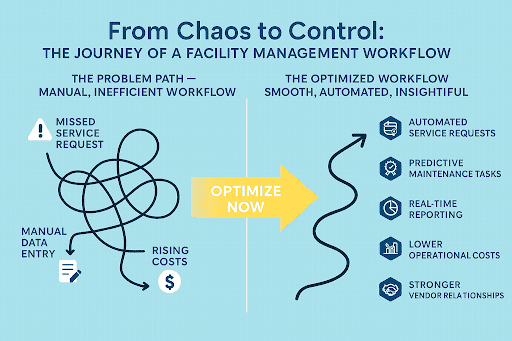
The Strategic Role of Maintenance in Business Performance
Good systems do not happen on their own. They need support from the top.
When leaders see facility management workflow as more than a back-office task, it starts to matter more. People notice. Teams respond. Things get better.Start by listening. The people closest to the work know where the hold-ups are. They know which maintenance tasks take too long, which service requests always get missed, and which tools are not helping.
Then, give them space to fix it. That means backing better tools, like facility management software that cuts the noise, tracks the work, and helps everyone stay on the same page.
Leaders also need to look at the numbers not just cost, but time, effort, and results. Where are operational costs creeping in? How much time is lost chasing updates? This is where small changes in the management workflow turn into real wins.
It is not about micromanaging. It’s about giving teams the structure they need, and trusting them to make it work.
Final Thoughts – Making Workflows Work for You
Every facility runs on routines. But it is the way those routines connect that makes the difference.
A strong facility management workflow does not just keep things moving it keeps things moving in the right direction. When tasks flow better, people focus better. When tools help, not hinder, results start to build.
For leadership, it is about stepping back and seeing the bigger picture. What is slowing the team down? Where are the gaps in communication? Which automated workflows could cut waste without cutting control?
You do not need to change everything overnight. Start where it hurts most are missed service requests, delayed maintenance tasks, or rising operational costs. Fix one link, then the next.
The payoff? More time, more clarity and a team that is not just reacting, but leading.
Looking to take control of your facility operations?DreamzCMMS helps simplify complex workflows, reduce downtime, and give leaders the insights they need to run smarter. Book a personalized walkthrough and see how facility management software can support your growth. |
Ready for More?
Talk to one of our CMMS experts and see how DreamzCMMS can simplify your maintenance operations.
Book a free consultation